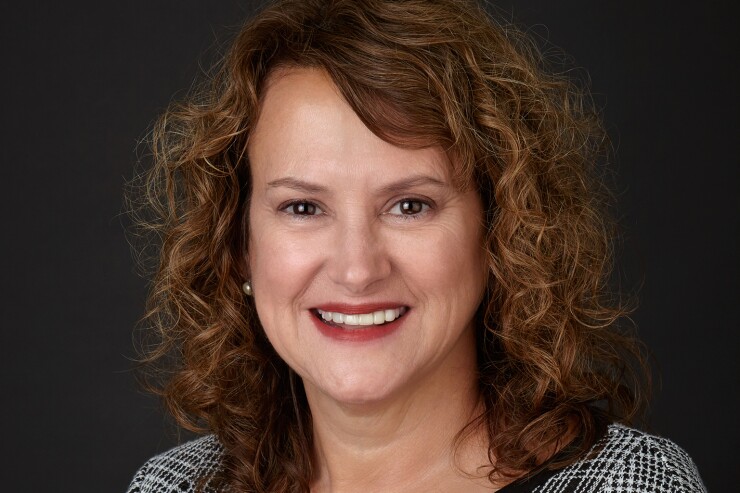Unregistered municipal advisors should be past the point of being ignorant of the legal requirements of doing business, though some firms continue to operate outside the regulatory framework created by Dodd-Frank a decade ago.
Last week, the Securities and Exchange Commission

“It continues to be a problem and we’re past the point when people don’t know they need to register,” said Susan Gaffney, executive director of the National Association of Municipal Advisors. “You can call yourself whatever you want to call yourself, but if you’re providing MA services, you need to register as an MA.”
The Dodd-Frank Act of 2010 subjected non-dealer municipal advisors for the first time to a federal regulatory regime and required all MAs to have a fiduciary duty to put issuers’ interests before their own. They are also required to register with the SEC and Municipal Securities Rulemaking Board as MAs.
Unregistered MAs need to register in order to protect issuers, Gaffney added. MAs have to register and comply with a plethora of securities rules. They have to take their Series 50 exam for example, to become registered under MSRB rules.
“Having others in the same sector that aren’t playing by those rules is disconcerting,” Gaffney said.
Gaffney was encouraged by last week’s enforcement case and said she has heard more cases would be coming.
“We’ve frequently said to them (SEC) that more time should be spent on making sure that unregistered MAs aren’t out there providing services to issuers,” Gaffney said. “So we’ve been saying that at our conferences and elsewhere many times. It’s 2020, that should still be dealt with.”
Anyone that provides advice to a municipal entity or obligated person regarding the issuance of municipal securities or are involved in the solicitation of a municipal entity or obligated person has to register as an MA.
Issuers can also check on the MSRB’s site to see if a firm or person is registered as an MA.
In Friday’s enforcement action, the SEC found that from July 2014 to September 2019, Funding the Gap and Carroll provided advice to 12 charter schools in connection with the issuance of municipal bonds through conduit issuers that raised about $222 million.
Last week’s case should lead to people reassessing whether they need to register, said Gail Marshall, chief compliance officer and interim chief regulatory officer.
“Obviously, it’s a concern if there are individuals out there who have not been following the regulatory framework that Dodd-Frank mandated,” Marshall said.
“This case reflects that the SEC is investigating unregistered people engaged in conduct that meets the statutory definition and taking action,” Marshall later said. “Hopefully, those actions have a collateral benefit of having other individuals who review the SEC’s actions and reassess whether they need to register.”
Registration of MAs is important to the SEC and it is focused on unregistered firms who know they should be registered as MAs, said Peter Chan, partner at Baker McKenzie and former SEC enforcement lawyer.
“With all the discussions, it’s hard to imagine that people in the business don’t know whether they may or may not be a municipal advisor,” Chan said. “Maybe that’s true, but it’s hard for me to believe.”
The SEC’s focus has also been on bond offerings by schools, specifically charter schools, Chan said, reflected in last week’s enforcement action.
This isn’t the first time the SEC has charged this kind of conduct. In September 2018, the SEC





